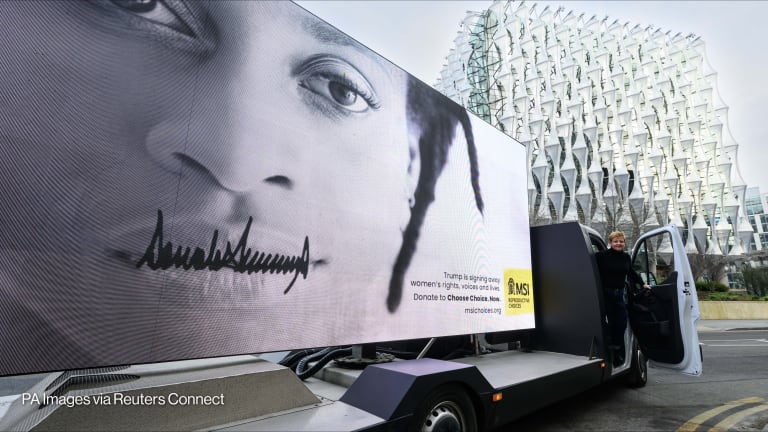Opinion: Feminist foreign policy activism can harm African women
There has been a lot of discussion in the last few years on what a “feminist” foreign policy, or FFP, means and why it’s a good idea for countries to adopt. Sweden used to have one, while France, Canada, Germany, the Netherlands, Mexico, and Chile have all signed up.
There is no single definition but our understanding is that when a country adopts an FFP it prioritizes girls’ education, women’s leadership, peace and security, ending sexual violence, and boosting women’s economic freedom around the world. Some definitions also mention climate justice and ending racism.
We consider that the “feminism” this approach advocates for has been very much led by white women acting as saviors perpetuating an image of “helpless African women with no agency.” It talks about anti-racism and anti-colonialism but often ends up treading similar territory. It seeks to educate us rather than listen to and meaningfully engage Africans.
Search for articles
Most Read
- 1
- 2
- 3
- 4
- 5









